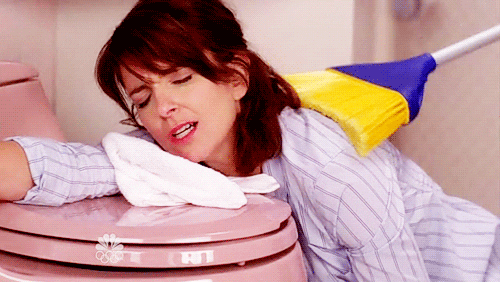
Tips and treatments: Everything you need to know about the Norovirus
The horrid norovirus is making its annual rounds and we’re praying we don’t catch it this winter. The common stomach bug is highly contagious and causes vomiting and diarrhoea.
There is no specific cure, so it has to be left to run its course though it shouldn’t last more than a couple of days.
Between 10,000 and 20,000 people per week can catch norovirus in a peak period.
Symptoms:
The first sign of norovirus is usually an abrupt feeling of nausea followed by sick feeling followed by forceful vomiting and watery diarrhoea.
Some people may also have: A raised temperature (over 38C/100.4F), headaches, stomach cramps and aching limbs.
Symptoms usually appear one to two days after you have become infected but they can start sooner. Most people recover fully within a couple of days.

Aside from the risk of becoming dehydrated, the illness is not usually dangerous and there are usually no long-lasting effects from having norovirus. However, it can be a pretty unpleasant experience while you have it.
What is the treatment for Norovirus (Winter-vomiting bug)?
The winter vomiting bug is a virus so there is no cure, it is therefore best to let the illness run its course and you will fight off the infection within a few days.

It’s important that you drink plenty of fluids and take paracetamol for any fever, aches of pains.
To reduce the risk of passing the virus onto others, ensure that your hands are washed regularly and that you stay at home until they are clear of symptoms for 48 hours. Avoid visiting elderly people, ill family/friends and pregnant women until the symptoms have been gone for two full days.
Doctors say:
Doctors have urged people with the virus to stay away from GP surgeries and hospitals, unless absolutely necessary.






